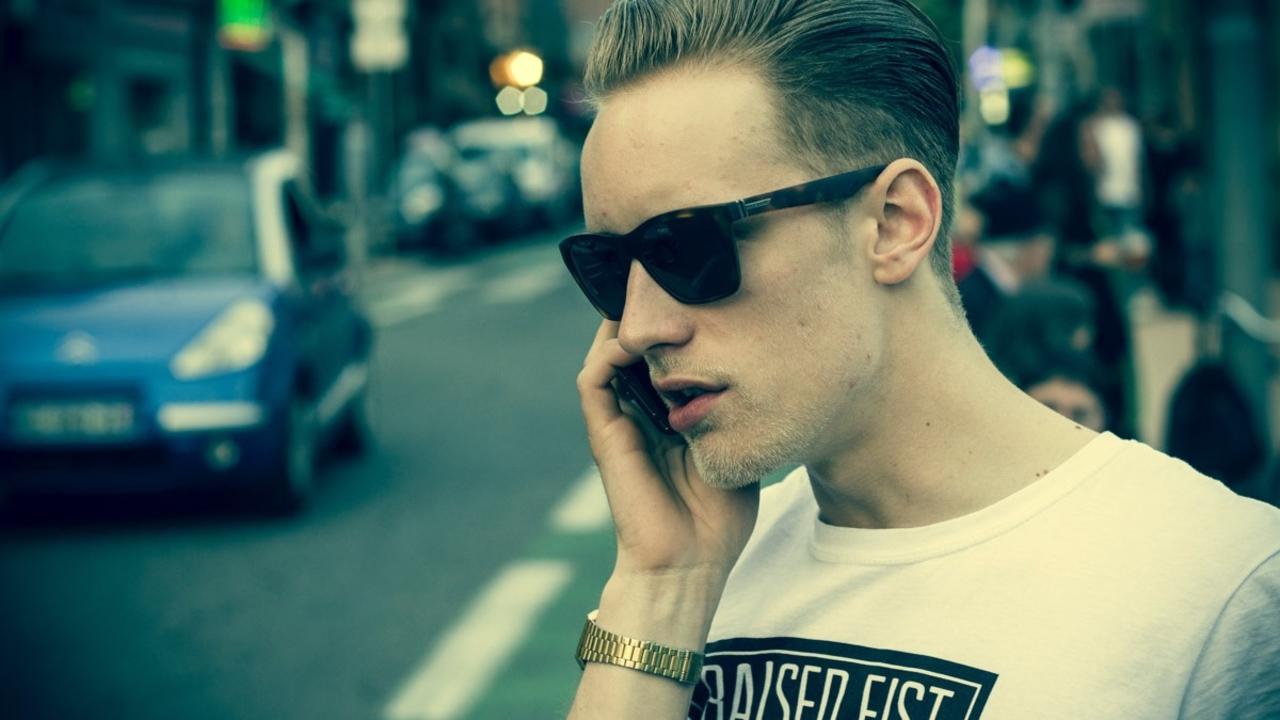The problem when wedding pros say they don't care if the client's gay

By Kirsten Palladino
We’ve seen it over and over. We tell someone we’re gay, trans, queer, bi, nonbinary, etc. and the response is blasé. The person acts like they couldn’t care less … for a few seconds. And then they start talking again. And that’s where the problems start.
They say things like, “Just don’t expect me to go to any rallies.” Or “I don’t judge that lifestyle.” Or “What do I care who you like to have sex with? You’re still my friend/sister/brother/coworker.” And at this point you’re feeling a mix of acceptance and eyes bugging out of your head in complete bewilderment. Is this what being loved feels like? Maybe.
Sometimes the jokes set in at this level or perhaps we’re going to get lucky and not hear those this round.
When I talk to wedding pros around the world, I hear a variety of responses when I tell them who I am and where I work. Here are some of the problematic examples:
“I don’t have a problem with that.”
“I wasn’t put on this earth to judge.”
“All money’s green!”
“Gay or straight—makes no difference to me.”
“They’re all the same at the end of the day.”
“Who cares?”
At this moment in the conversation, I politely smile and sometimes suggest our LGBTQ+ inclusive certification course where they can learn more about the LGBTQ+ community and our struggles. I don’t usually respond to specifically what they’ve said because I’m not trying to embarrass them. But I’m going to respond now and explain why this language is problematic, in case you have been using it. It’s not a dead-end—you can fix this.
When you say “I don’t have a problem with that” or “I wasn’t put on this earth to judge,” you’re implying that there’s something to have a problem with or to judge. And no one asked whether or not you do or don’t have a problem with it. Not yet, anyways. We vet our vendors for Equally Wed’s directory and we especially don’t want any wedding pros who do, indeed, have a problem with LGBTQ+ weddings.
But to just offer it outright to someone who didn’t ask says a lot about what’s brimming in your mind. That you know of people who have huge problems with the LGBTQ+ community, and you’re understandably trying to distance yourself from those bigots. I absolutely get why you’d say that but might I suggest you go a step further and say, “I support marriage equality.” This takes you from the defensive “I’m not a bigot” statement to the action-oriented ally statement, and that’s a big win.
When you say, “All money’s green!” what I hear is that you’re in this business for the money rather than celebrating love. I want you to make a living off of what you do, of course. But when you discount who’s getting married and focus instead on the cash you’ll be raking in, I am concerned for your outlook and the couples you’re serving. When you focus on the cash, you’re ignoring the couple. And when you ignore the LGBTQ+ couple specifically, you’re erasing their life of discrimination and challenges. No, our weddings aren’t the same. And neither is our money. Some people call it the pink dollar. We prefer to put our money with companies that truly support us, not just tolerate us.
Our weddings are not the same as straight weddings. Yes, the format is often similar but there are quite a few differences that I delve into in our LGBTQ+ certification course that are important to be aware of. Here, I’ll share this. If you want to earn LGBTQ+ customers’ respect and appreciation, you need to acknowledge where they’re coming from. If you say they’re the same as straight people (which by the way is not a collective goal of our community), you’re erasing who we are and how far we’ve come. It’s far better to say you’re an ally to our community than dismiss us and our life all together.
To be truly authentic and LGBTQ+ inclusive, you must become an ally to our community rather than merely tolerate us or pretend we’re just like you or that we want to be just like you. Straight and cisgender is only one way for humans to be. It’s neither the ideal nor the goal. We’re all wanting to be seen for who we are and celebrated for it.
